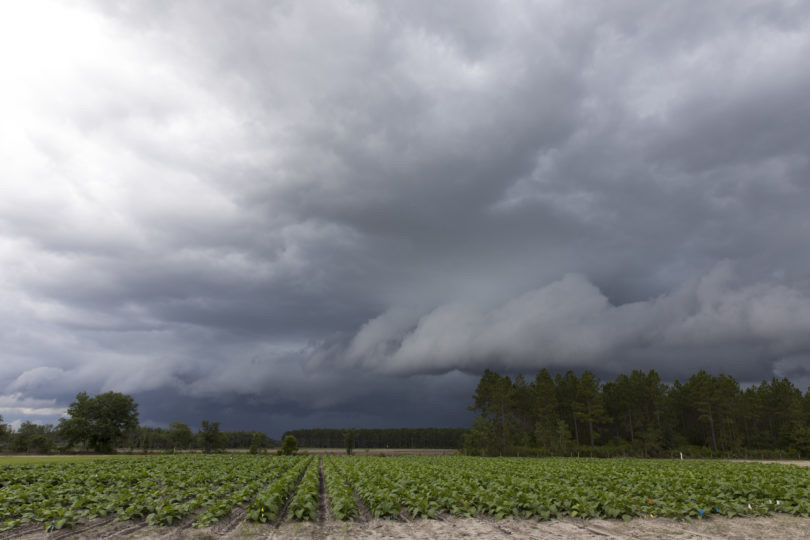Multiple studies show that farmers and agricultural workers are at elevated risk of suicide.
However, until now, no study has focused solely on the stresses Georgia farmers face, according to a new report from the University of Georgia.
Anna Scheyett, Dean of the University of Georgia School of Social Work, set out to change this when she began researching the factors associated with suicide among Georgia farmers.
“I think it’s an important and very resilient, but also a vulnerable population,” Scheyet said. “And one that we need to be providing support to.”
Scheyett began by examining 106 cases of suicide among farmers and agriculture workers, which were recorded in the Georgia Violent Death Reporting System from 2008 to 2015.
Of these cases, most of farmers were white and male, which is a reflection of the demographics of Georgia’s farming population.
Relationship issues, health-related problems and financial hardship were the most common factors she found when searching through these records.
Scheyett added that she has since requested additional data from this year, because she believes Hurricane Michael could pose an additional threat to Georgia’s farming community.
“We’re in this sort, no pun intended, perfect storm right now, because we had the horrible devastation of Hurricane Michael,” she said. “We’re talking about a generation where there’s going to be huge financial impact … And then the uncertainty around policy and tariffs. It’s an incredibly stressful time for farmer’s and agriculture workers now.”
In the future, the researchers hope more rural health care providers can receive additional training in self-harm risk detection.
“I think it’s really important for the community to feel like we’re supporting each other. That’s part of the rural culture,” Scheyett said.
Clergy members, funeral home directors and divorce lawyers could also benefit from receiving addition resources for identifying suicide.
Dean Scheyett spoke to “Closer Look with Rose Scott” from WUGA to discuss her research and how increased access to mental health services can help.
Editor’s Note: The National Suicide Prevention Hotline is available 24/7, toll-free at 1-800-273-8255






